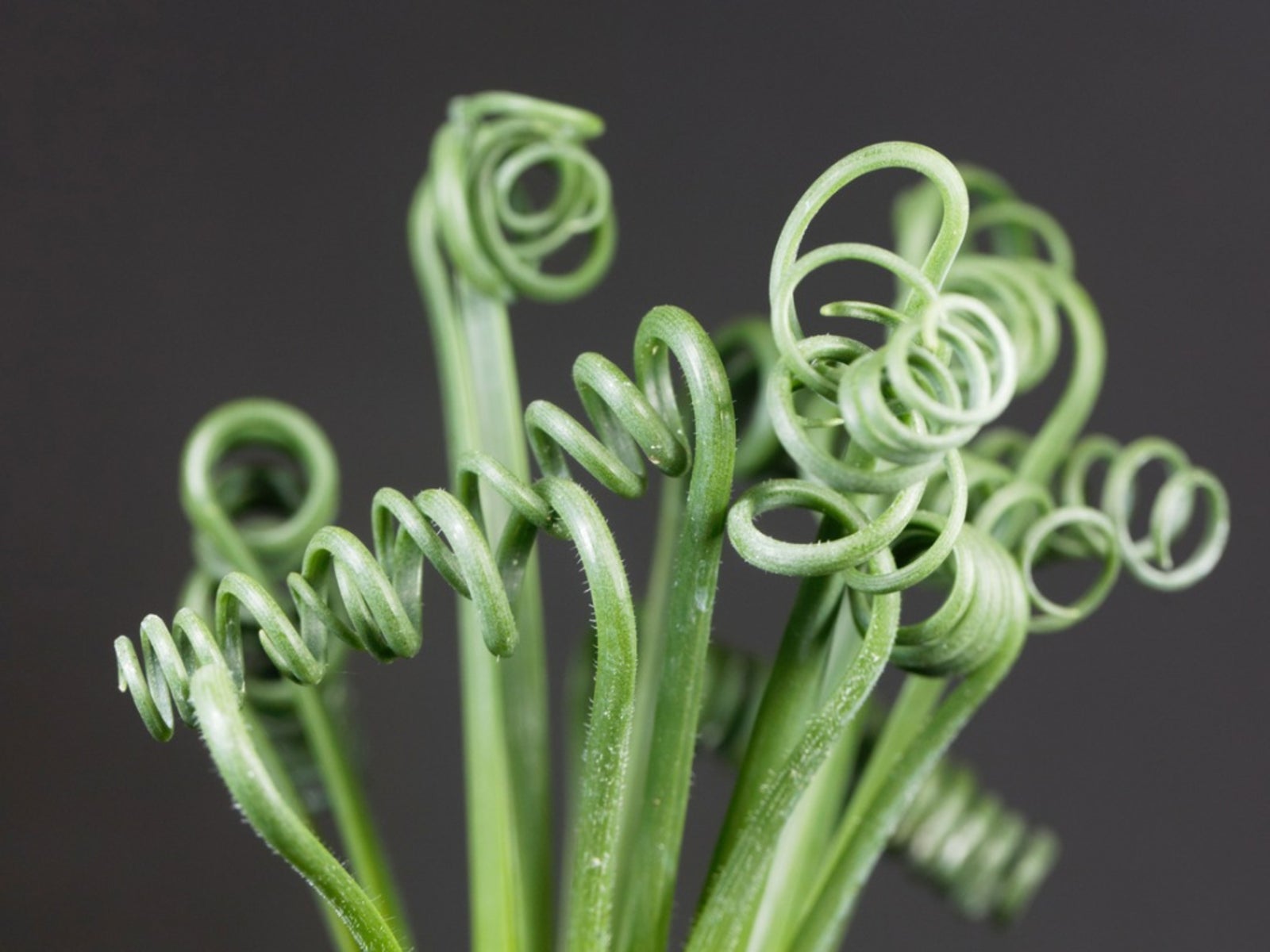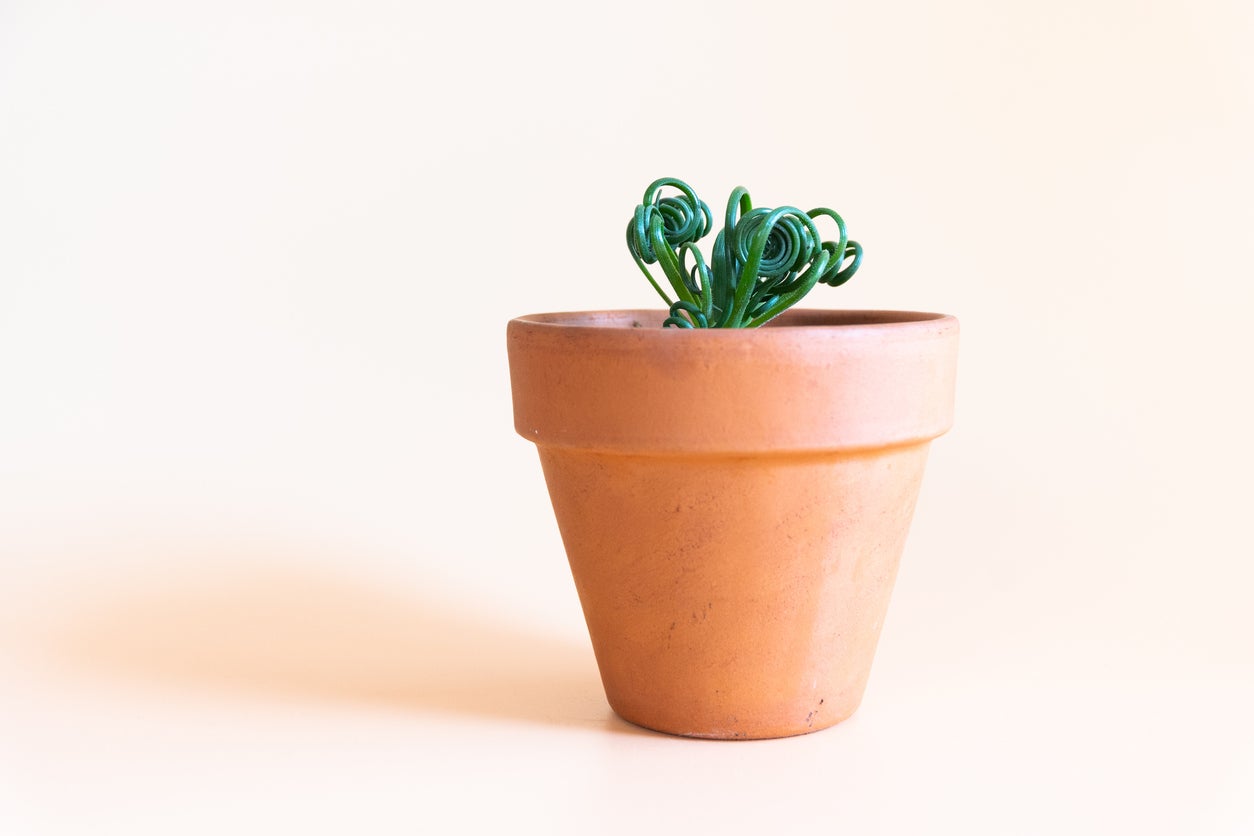Albuca Cultivation: Tips On Caring For Albuca Plants


Albuca is an arresting, bulbous flower that is native to South Africa. The plant is a perennial but in many North American zones it should be treated as an annual or dug up and overwintered indoors. Caring for Albuca isn’t difficult provided the plant is in the correct site where soil drains well, is moderately fertile, and average moisture is available. The biggest problems when growing Albuca are the rotten bulbs from excess wet and frost damage.
Albuca Information
There are many forms of Albuca. These flowering plants all have similar flowers but can grow extremely varied forms of foliage dependent upon the variety. Albuca is also known as Soldier-in-the box and Slime lily. The latter is due to the slimy sap the plant exudes when broken or damaged. Despite the rather disgusting name, Albuca leaves and blooms are covered in downy hairs that emit a pleasant scent when touched and the flowers are simple and elegant. Albuca was first collected in the 1800s and today there are 150 recognized species. Not all of these are in cultivation, but the varieties that are in cutivation make especially appealing and unique plants for the summer garden. Most specimens have white, green, or yellow drooping or erect flowers with three petals. In their native region, Albuca blooms in late winter to early spring. In North America, these should be planted for spring to summer bloom times. Growing Albuca usually starts with seeds or bulbs. Seeds can take 3 years to produce flowers. An interesting piece of Albuca information is its relation to common asparagus. Most species of Albuca have a dormant period where they lose their leaves after flowering.
Albuca Cultivation
Albuca bulbs require sandy, loose soil in full to partial sun to produce their characteristic blooms. The plants can grow 3 to 4 feet (1 m.) tall with a slightly smaller width. Good Albuca cultivation encourages the removal of the bulb from the outdoors in zones with frost. They are not frost hardy and cold temperatures can damage the bulb. These South African natives look particularly attractive in rock gardens, slopes, and even containers. The biggest requirement for Albuca care is superior drainage. The regions to which they are native are not known for consistent moisture, which means Albuca is drought tolerant once established. Consistent watering at planting is necessary to mimic the rainy season but thereafter, light watering is all that is necessary when caring for Albuca.
Albuca Care
Fertilize the bulbs annually at installation and in the early spring with a portion of good, all-purpose bulb food. Cut back spent foliage after it yellows and begins to wilt. The best way to propagate Albuca is from offsets, which can be divided away from the parent plant and separately planted. Not all Albuca produce offsets so you may need to rely upon seeds to get more of these exciting plants. Fresh seeds generally germinate a week after sowing. They should be planted at the same time the parent plant is actively resprouting. It needs to be planted fairly quickly, as the seed has a viability period of only about 6 months. Once planted, keep seedlings moderately moist in medium light and a warm area. In about 3 years, you can look forward to another Albuca which may be different from the parent plant, as these seeds tend to hybridize easily.
Gardening tips, videos, info and more delivered right to your inbox!
Sign up for the Gardening Know How newsletter today and receive a free copy of our e-book "How to Grow Delicious Tomatoes".

Bonnie Grant is a professional landscaper with a Certification in Urban Gardening. She has been gardening and writing for 15 years. A former professional chef, she has a passion for edible landscaping.
-
 Looking For Plants To Give You The Soft And Fuzzies? Try These 5 Fuzzy Leaf Plant Options
Looking For Plants To Give You The Soft And Fuzzies? Try These 5 Fuzzy Leaf Plant OptionsLovers of texture, drama, silver foliage and tactile plants will adore these special sensory garden additions. These fuzzy leaf plant options will leave you all aglow
By Susan Albert
-
 Get Ready For A Summer Of Hummers! Grow These Full Sun Hummingbird Plants and Flowers
Get Ready For A Summer Of Hummers! Grow These Full Sun Hummingbird Plants and FlowersIf you’re lucky enough to enjoy a sunny backyard, make sure you are maxing out on your pollinator opportunities and grow these full sun hummingbird plants and flowers
By Tonya Barnett
